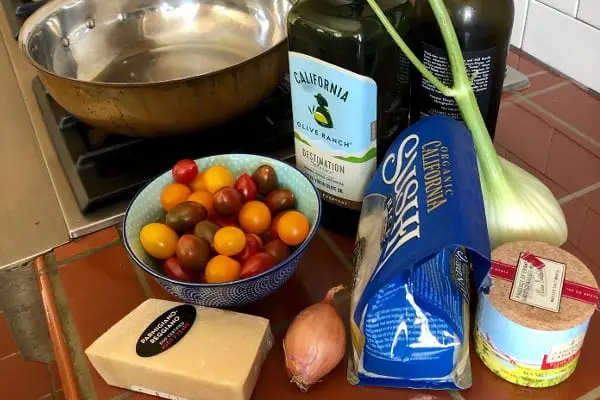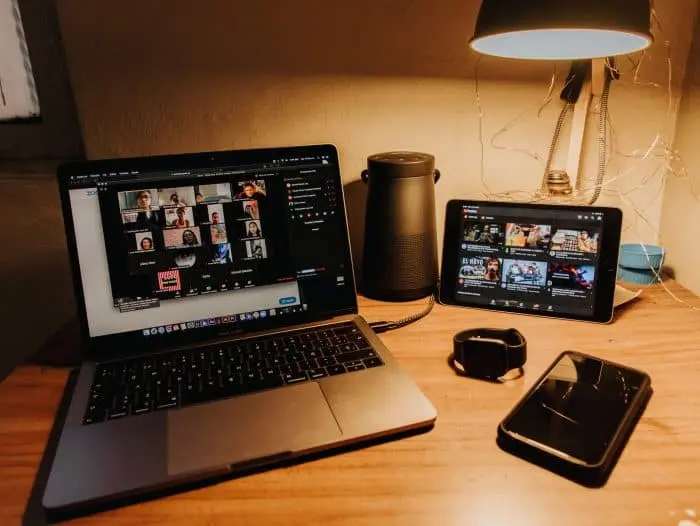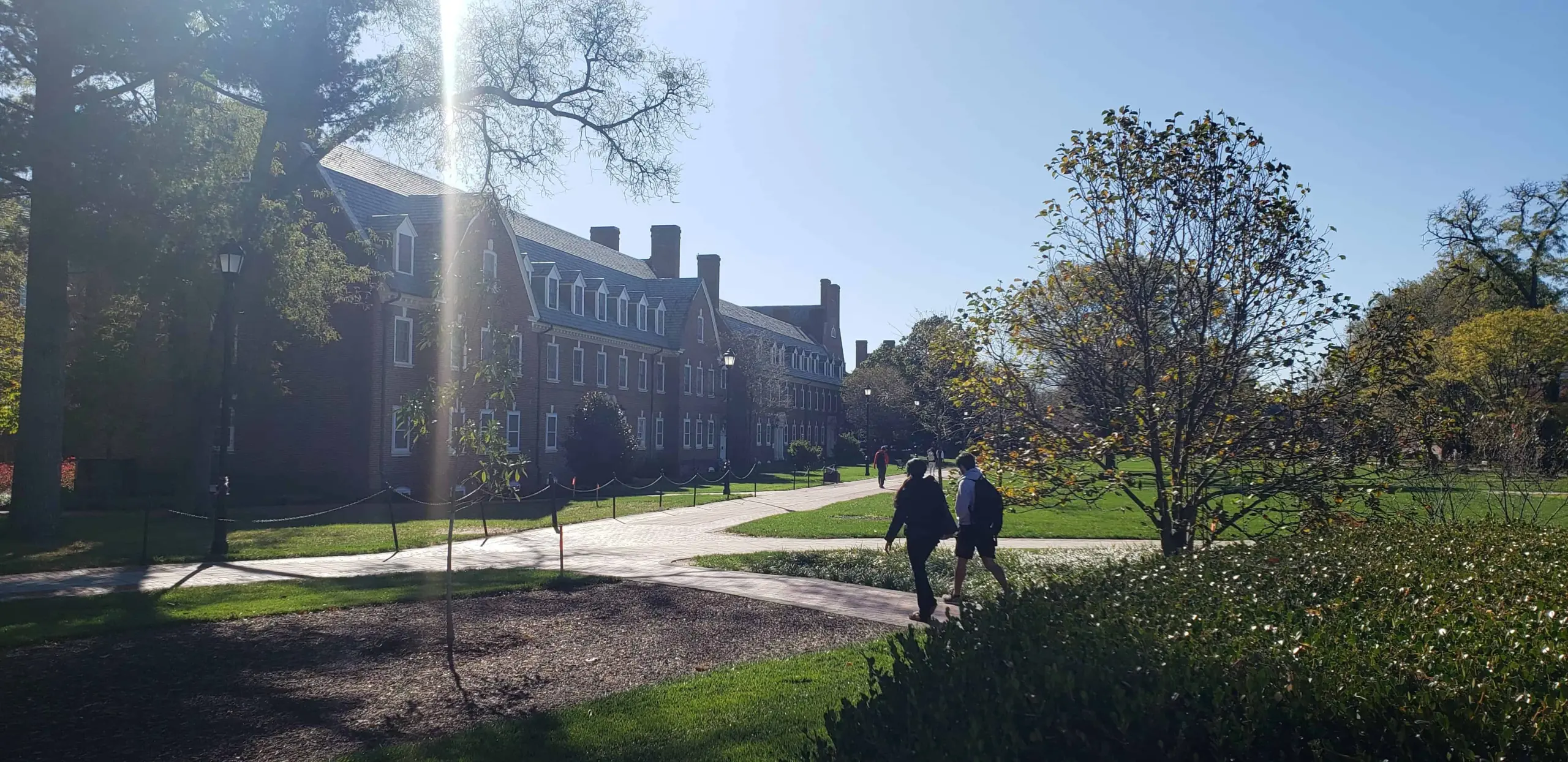This Q&A is part of Local Heroes: Journalists Covering COVID-19, PEN America’s series spotlighting local journalists across the country in celebration of World Press Freedom Day 2020, elevating the importance of a free, vibrant, and inclusive press.
Name: John Corley
Outlet: The Angolite, Louisiana State Penitentiary
City: West Feliciana, LA
Can you share a little bit about the newspaper you work for, and your role within it?
I am the associate editor of The Angolite, the critically acclaimed, award-winning news magazine of the Louisiana State Penitentiary at Angola. The magazine examines issues such as capital punishment, life without parole, aging behind bars, juveniles trapped in the adult system, reform efforts, incarceration-stricken families, and much more. Currently, in my 15th year on the staff, I have published over 170 articles relating to state and federal criminal justice issues, as well as insight into the penitentiary’s daily life and mechanics.
“The human element is often lost in the rhetoric: the fact that behind every DOC identification number is a living being—flesh, blood, aspiration, emotion, hope—deserving of the dignity accorded other human beings, instead of relegation to one in a series of generic statistics.”
What do you think is missing from the media’s coverage of how the coronavirus is affecting incarcerated individuals?
Media have peered into prisons during the COVID-19 crisis largely because prisons, like nursing homes, are breeding grounds for contagion. Newspapers and online reports are replete with numbers and statistics, advocates and opponents— violent and nonviolent. But prisoners are more than argument and controversy. The human element is often lost in the rhetoric: the fact that behind every DOC identification number is a living being—flesh, blood, aspiration, emotion, hope—deserving of the dignity accorded other human beings, instead of relegation to one in a series of generic statistics. People should not be defined by their crime, but gauged by their values developed through introspection, compassion, and determination to contribute to the community.
What do you consider to be the biggest threats to the speech rights of reporters covering COVID-19 within prisons and of incarcerated writers, reporters, and sources?
The Angolite staff is fortunate to work with a prison administration that does not hinder or censor the information from which we craft our reports. We have excellent outside researchers who dig deeply for subject matter that our writers provide. I suspect that The Angolite may operate under the most liberal oversight of any prison journal. As a result, there is little threat to speech rights here. Our warden specifically instructed subordinates that he wanted The Angolite “to be all over this” virus coverage. So it has been.
“I do not want the media to ever lose sight of men and women struggling against the inhumane life without parole sentences. . . cover COVID-19, but do not forget those condemned to a slow death by perpetual incarceration who have so much to offer the human family.”
As many newsrooms turn the bulk of their focus to COVID-19, they will lose the capacity to do much of the vital watchdog, accountability, and solutions journalism they normally do. What is one story you fear may be eclipsed by the media’s focus on COVID-19?
I do not want the media to ever lose sight of men and women struggling against the inhumane life without parole sentences that, in Angola, chain almost 4,000 souls to certain death behind bars—even if it takes death decades to claim its victim. Capital punishment garners the lion’s share of coverage, but life without parole is a death sentence as well—a tragic waste of life that cuts against the grain of empirical evidence of people’s innate ability to change, to become positive people averse to former destructive behavior. People change. Cover COVID-19, but do not forget those condemned to a slow death by perpetual incarceration who have so much to offer the human family.
What books, poems, or other creative media have you been turning to for comfort or inspiration?
I am a poet and draw great comfort from reading poetry. Robert Hershon of Hanging Loose Press is a wonderful contemporary poet. I enjoy the verse and essays of displaced writers that are published by Justin McKee in the small journal, The Raffish. I am also a fan of Lee Child’s Reacher series, and as a history buff, am drawn to anything dealing with times past. I am currently reading Kate Winkler Dawson’s American Sherlock: Murder, Forensics, and The Birth of American CSI.
About John Corley
John Corley is in his 30th year of a life sentence. A recipient of PEN America Prison Writing fiction and playwriting awards and a National Council on Crime and Delinquency journalism award, his first poetry collection, Pagan (BleakHouse) was released in 2018.











